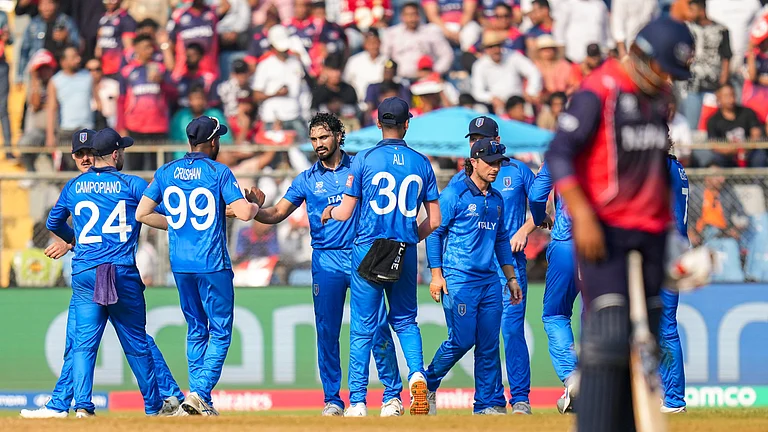Lockdowns to contain the spread of the third Covid-19 wave hurt loan collections and new lending by non-banks, and will in turn impact securitisation volumes, a domestic rating agency said on Tuesday.
The overall volumes of securitisation – where a non-bank lender passes on future receivables against loans or a bunch of loans to another entity for upfront cash – will come at Rs 1-1.1 lakh crore in FY22 as against the Rs 1.2 lakh estimated earlier, ICRA said in a report.
Securitisation volumes could thus be affected in the January-March quarter because the NBFCs (Non Bank Finance Companies) and HFCs (Housing Finance Companies) may curtail disbursements, especially to Covid-19-impacted sectors, and investors would prefer to wait for the threat to subside, the agency said.
Some states have already started imposing restrictions though of a milder nature so far, ICRA's group head for structured finance Abhishek Dafria said, adding the lockdowns not only impact the collection ability as staff members fall ill but also the income generating ability of the borrowers.
In the event that the severity of the Covid-19 infections grows and results in higher hospitalisation rates, the state governments may impose stringent lockdowns to control the spread of the virus and investors will also wait for the threat to subside, he said.
"Higher proportion of securitisation transactions are usually placed in March and thus we hope the spread of the virus would be contained sooner," Dafria noted.
According to him, lower disbursements would also impact the growth of the securitisation market in FY23, he added.
Traditionally, securitisation through Direct Assignment (DA) transactions (bilateral assignment of pool of retail loans from one entity to another) has accounted for about two-third of total volumes, with Pass Through Certificate (PTC) transactions (loans are sold to an SPV which issues PTCs) accounting for the balance.
Due to the concerns around the Covid-19-related disruptions, preference for PTCs has increased (45 per cent share in Q3 volumes) since the credit enhancements in such structures would be able to absorb higher-than-expected losses than may arise in the transaction, the agency said.


























